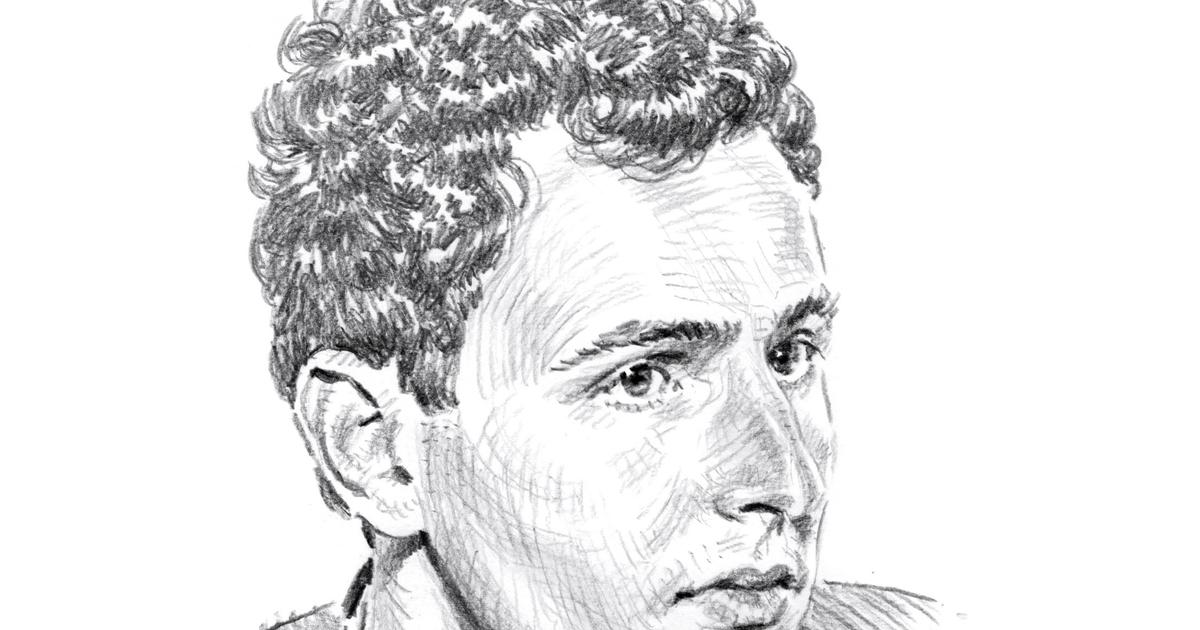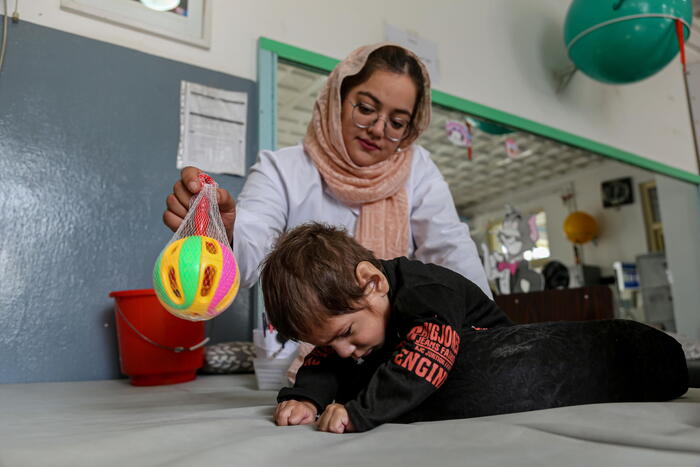"In France, we are lagging behind on gender studies. There is still too often a discourse of demonization," laments Sandra Laugier, head of the master's degree in "Gender Studies" at the Sorbonne. When the master's degree was created in 2019, the number of applications was surprising: more than 200 applications for only 24 retained. In the following years, this enthusiasm remained, as evidenced by stable figures.
"There were already other master's degrees in gender studies, such as at Paris 8 or Lyon 2. When we launched it at Paris 1, we wanted a multidisciplinary approach. This explains its success, our students do not work only on gender, "says the head of the master. The course offers five tracks: humanities, social sciences, political science, development studies and the English-speaking world.
"Here, classes are pushed"
In a classroom, a student speaks and brings about another debate: the highly controlled supervision of ethnic statistics in France. "In our country, the Constitution believes that to write about differences is to make them exist," explains the young woman to Cécile Gagnon, a teacher originally from Canada. This Monday in April, she provides M1 and M2 with a course combining debates, theories and methodology to help them write their dissertation. Ultimately, these students aim to integrate the world of work to combat gender inequalities, and more broadly any kind of discrimination.
Read also5 years after #MeToo, "consent does not distort anything, on the contrary, it's super sexy"
"Here, the courses are pushed, we are not content to be introductive," says Manon, who previously followed a master's degree at Sciences Po Toulouse. "At the same time as academic knowledge, we address very concrete subjects. The difference in socialization between boys and girls, for example, speaks to them immediately," says Frédérique Matonti, head of the political science option.
Courses and research on the subject have multiplied "since the mid-2000s", she continues: "There is an interaction between what happens in the public space and the academic world. The law on parity in 2000 aroused interest among many researchers. More recently, Me Too has sparked work on sexual violence. »
By becoming more widely known in recent years, gender studies are also experiencing their share of controversies. "There was the offensive of the Catholic world against what they call 'gender theory', at the time of marriage for all. In the last five years, there has been a rise in Islamophobia and tensions around intersectionality," says the researcher. Faced with the rise of far-right and anti-feminist discourse, Sandra Laugier notes that students "want to arm themselves with knowledge".
"I understood a lot of things by integrating this master"
Like most courses on gender, the Sorbonne master's degree is accessible to graduates of human and social sciences, but also to students of engineering schools, business or IEP. To integrate it directly into Master 2, students must have studied gender beforehand. "Reading the cover letter, you should feel a coherence in the candidate's project. The precise axes that interest him must be argued. It's not just a label," insists Delphine Brochard, co-head of the master's degree.
Experience in an associative environment can also be highlighted, although this is not a prerequisite. "Their commitment often stems from personal questions. This does not necessarily translate into activism, but they all have a real sensitivity to inequalities," notes Delphine Brochard.
Read alsoEthical, paid or hentai: they tell why they no longer watch Pornhub
Many explain their orientation by a form of indignation and their personal experience. "Born in Ivory Coast, I arrived in France in 2018. In my country, gender social roles are rarely questioned. My mother couldn't work, because my father didn't want to. I understood a lot of things by integrating this master's degree," says Solange*, who is writing her thesis on wars and socio-professional inequalities. "When I worked for a supermarket chain, HR was pleased to have 66% women in the company. But most of them were cashiers or cleaners, I don't call it a success," says Gabi*, a student in economics and demography.
Varied opportunities
Graduates in gender studies can claim careers as consultants, studies or mission managers, or equality or diversity managers. They can act in public institutions, companies, associations or firms of experts. A minority is also moving towards research and teaching. "Basically, I wanted to do research, but the status of PhD student is very precarious. I would therefore like to work for a feminist magazine or in the associative field, on subjects such as health and sexuality, as Act Up does," explains Manon.
Interested in prisons, the rights of foreigners and the prostitution of minors, Gabi dreams of working with the Interministerial Mission for the Protection of Women against Violence and the Fight against Human Trafficking (Miprof).
"Identifying gender inequalities, or other inequalities, is anything but simple"
Delphine Brochard
For Sandra Laugier, her students "are by definition the best trained" in these positions. "There are many continuing education courses, but the master's degree really allows you to be aware of the research, you don't rehash old ideas. Identifying gender inequalities, or other inequalities, is anything but simple. We provide tools to untie the knots and find the right solutions," says Delphine Brochard. In the wake of a societal awareness, needs exist in the world of work.
It must be said that companies also have no choice. The Rixain law of 24 December 2021 obliges companies with more than 1000,40 employees to reach the quota of 2030% of women executives in 26. A challenge far from being met: INSEE notes, in its most recent figures, that this portion was only 3.2019% in <>.
* First names have been changed





/cloudfront-eu-central-1.images.arcpublishing.com/prisa/NYBERFPPHVEJVER4FIRIEAGGX4.jpg)









